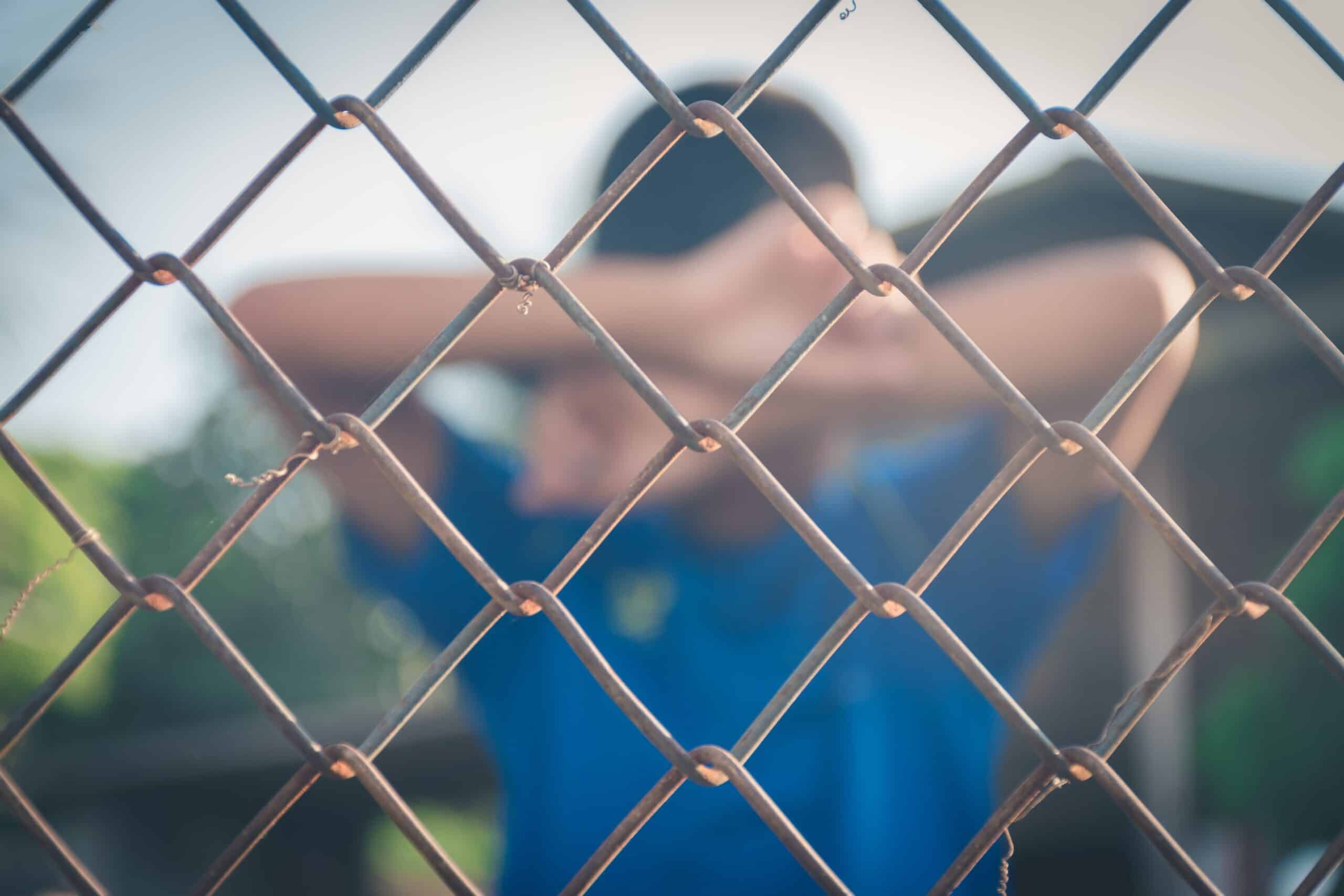What Are the Best Interests of the Child and How Do They Relate to Custody?
The best interests of the child inform every decision made in Tennessee regarding child custody. To determine whether an action is in the best interests of the child, the court looks at several factors, including:
- The developmental and emotional needs of the child.
- The child’s wishes.
- The child’s connection to each parent and the community, school, and other family members where they live.
- The ability of each parent to provide stability and necessary care.
- Each parent’s mental and physical health and whether it impacts their parenting skills.
After closely studying each parent’s circumstances, the court can decide whether a custody agreement is serving the best needs of the child or if it needs to be amended. In extreme cases, a judge may deem one or both parents unfit to have custody of the child. A Tennessee family law attorney can explain the factors currently used in 2023 when determining if a parent is unfit for custody.
Who Decides Whether a Parent is Unfit for Custody?
Ultimately, the court has the final say on whether a parent is considered fit for custody. The judge will likely consult with several individuals and agencies to reach their decision, including child welfare agencies, law enforcement, a minor’s counsel responsible for ensuring the child’s wishes are heard, and others.

As part of a child custody case, the judge may request that one or both parents meet with a child custody evaluator. The evaluator will interview parents and the child, perform psychological evaluations, observe family interactions, speak with involved doctors or teachers, and review court documents and medical records. The information the evaluator gathers will help them determine if the parents are fit for custody or if giving one or both of the parents custody could put the child at risk of physical or emotional harm.
The evaluator presents their findings in a report, and the parents can dispute the results and provide evidence to support their objections. A Tennessee family law attorney can help you with your next steps if you disagree with the custody evaluator’s report or the judge’s ruling in your custody case.
What is Considered When Determining Fitness?
Under the guidance of Tennessee state statutes, the court will look at the following factors when deciding whether a parent is fit to have custody.
History of Abuse
If a parent has neglected or abused this child or any other child, it can be a reason to deem them unfit. Of course, abuse claims must be substantiated. If Child Welfare Services was involved, a report will likely be available based on their investigation of the situation.
Domestic Violence
Physical or emotional abuse directed towards the other parent or another family member can result in a loss of custody. This is particularly true if the child witnessed the abusive actions. If you and your child are in an abusive situation, contact local domestic abuse resources or a family law attorney immediately to protect your safety.
Substance Abuse
Abuse of an addictive substance, even if it is a legal substance such as alcohol, can render a parent unfit if it is causing difficulties in the child’s life.

A judge can order a substance abuse assessment to determine the extent of the problem if an issue is suspected.
Psychiatric Illness Issues
Mental health issues are widespread and often do not impact child custody. However, a psychiatric illness may be taken into consideration if it could pose a threat to the child’s welfare and the parent has not been proactive and consistent in receiving medical treatment.
Social Skills
Community involvement and shared experiences are essential to a child’s development and well-being. If a parent is unable or unwilling to have social interactions with others, it can negatively impact their ability to provide their child with a stable and healthy environment.
The Parent-Child Relationship
If the child is uncomfortable with or afraid of a parent, it shows issues in their relationship. Sometimes this may result from the other parent actively encouraging negative feelings in the child towards their ex-spouse. Discussions with the child are vital when deciding what other remedies, such as counseling, may be appropriate before declaring the parent unfit.
Conflict Resolution and Decision-Making Skills
Everyone recognizes that divorce is hard, but parents must focus on their child’s best interests and attempt to cooperate with the other parent on important issues. If one parent cannot be reasonable or refuses to find a system to communicate with the other parent on decisions, this can harm the child.
The Parent’s Ability to Care for the Child on Their Own
Each parent must be able to reliably look after their child’s needs without relying on the other parent or family members to care for them.
Understanding and Communication
Every child needs parents who understand them and make them feel heard. If there is a disconnect in the communication between a parent and child, it is the parent’s responsibility to fix it or seek help to improve the relationship. Failure to do this shows a lack of parenting skills.
Setting Limits and Boundaries Appropriate to the Child’s Age
While each person has a different parenting style and may set slightly different limits, a child must have clear boundaries that are appropriate for them regarding important topics.

If one parent is not setting or enforcing limits and refuses to discuss the issue with the co-parent, it can be a serious problem.
How Can an Experienced Family Law Firm Help You?
Custody proceedings are stressful and often overwhelming. This is even more true if your ex-spouse is trying to have you deemed unfit to have custody of your child or if you fear for your child’s safety while they are in the other parent’s custody. Our knowledgeable child custody lawyers are here to ensure that the court creates a custody plan that is in the best interests of your child. Contact our office today to schedule a free, no-obligation case evaluation.

 931-236-2711
931-236-2711 Call Us Now
Call Us Now



